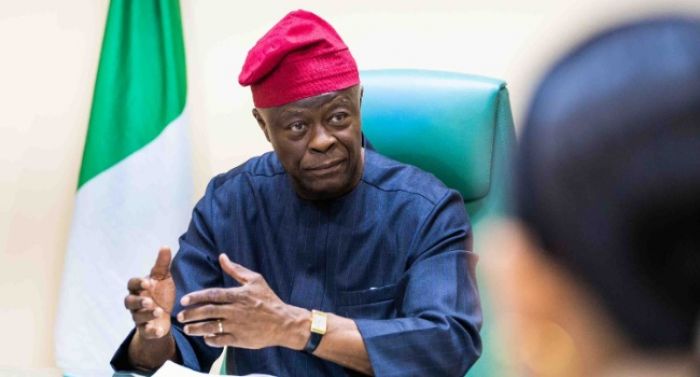The Presidential Panel on Social Investment Programmes has proposed the removal of intervention initiatives from the purview of the Ministry of Humanitarian Affairs and Poverty Alleviation.
Led by the Minister of Finance and Coordinating Minister of the Economy, Mr. Wale Edun, the panel has forwarded its recommendations to President Bola Tinubu.
Currently, the social investment programmes are administered by the Federal Ministry of Humanitarian Affairs and Poverty Alleviation, with implementation overseen by the National Social Investment Programme Agency (NSIPA).
However, following recent controversies, including the suspension of Betta Edu as the humanitarian affairs minister amidst allegations of financial impropriety, the programmes were put on hold.
Edu’s suspension came after a memo surfaced alleging a transfer of N585 million to a private account, and subsequent revelations of controversial approvals further compounded the issue. Halima Shehu, former CEO of NSIPA, was also suspended over alleged financial malfeasance during her tenure.
In response to these challenges, President Tinubu directed the panel led by Edun to conduct a comprehensive review of the financial architecture and framework of the social investment programmes. The interim report of the panel recommends the resumption of the programmes under a new board led by Edun, with the Ministry of Finance taking oversight.
However, implementing this recommendation would require amendments to existing laws, as the NSIPA is currently under the jurisdiction of the Ministry of Humanitarian Affairs and Poverty Alleviation. Any transfer of responsibilities without legal amendments would be deemed illegal.
Meanwhile, a bill to place the NSIPA directly under the presidency has passed the second reading in the Senate, indicating ongoing efforts to reform the agency’s governance structure.
The Special Adviser on Information and Strategy to the President, Mr. Bayo Onanuga, has not yet responded to requests for comments on the matter.
As the nation awaits further developments, the fate of the social investment programmes hangs in the balance, with calls for comprehensive reforms to ensure their effective implementation for the benefit of poor and vulnerable Nigerians.



